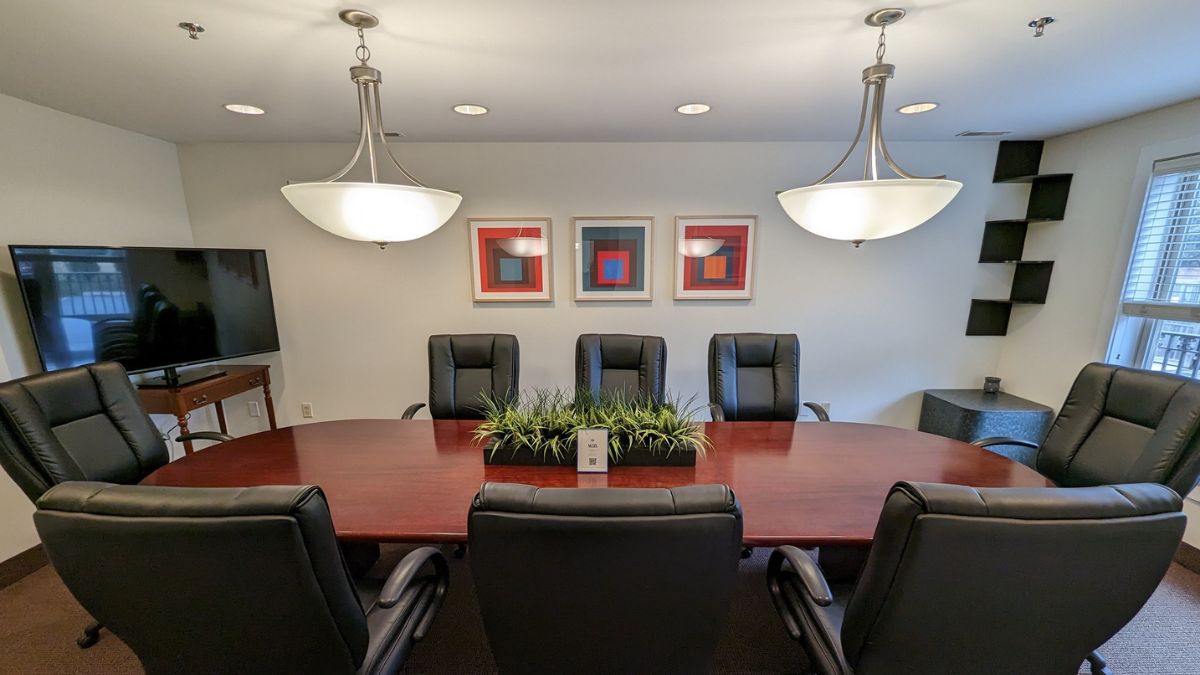How to Lease Office Space: The Ultimate Guide
Establishing a new business is exciting but comes with many important decisions. Office space can impact employee productivity, company culture, and your bottom line.
When you’re ready to start looking for office space, there are vital things to remember.
1. Make a List of Office Needs and Wants
You must know what you need and want before beginning your search for office space. For example, you’ll need to know the following:
-The size of space you need in square footage
-How many people do you need to accommodate
-The type of layout you need
Make sure also to consider your wants. For example, you may want a specific location or amenities like a gym.
2. Consider the Location
You’ll want to choose a location that’s convenient for your employees and clients and in a safe area.
You’ll want to consider the parking situation at your potential office space. Limited parking could make it difficult for employees and clients to find a spot.
Another thing to consider is the surrounding area. If your office space is in a busy area, it could be difficult for your employees to concentrate. And if there’s not much going on around the office, it could be hard to attract good talent.
3. Choose the Right Type of Office Building
The next step is identifying the building type that best suits your business. Do you want a Class A, B, or C office space?
Class A office buildings are typically newer ones offering the most amenities and the highest quality finishes. They come with a higher price tag, but they may be worth the investment if your business can afford them.
Class B office buildings are usually well-maintained and offer a good mix of amenities and finishes. Class C office buildings are typically older buildings that may need some updating but can be a more affordable option.
4. Calculate Your Budget
Look to account for:
- Operating expenses: These are the monthly expenses associated with running your business, such as rent, property taxes, insurance, and utilities.
- Capital expenses: These are one-time costs associated with setting up your office space, such as furniture, equipment, and renovations.
- Contingency fund: This is money for unexpected costs, such as repairs or unforeseen expenses.
5. Organize and Compile the Documentation
When you have a space in mind, you will need to put together your company’s financial information to provide to the landlord. It includes your:
-Personal financial statement
-Business tax returns
-Bank statements
-List of business debts
You will also need to write a letter of intent outlining what you want in an office space. It includes the type of office space, size, lease length, and rent price.
If you are searching for an office space for rent in Clarksville, contact Clarksville Business Suites. We offer a variety of office space options to fit your business needs. We have furnished and unfurnished offices, executive suites, coworking spaces, and more.
Recent Post
Get in touch
If you have any questions about our services, please contact us.




